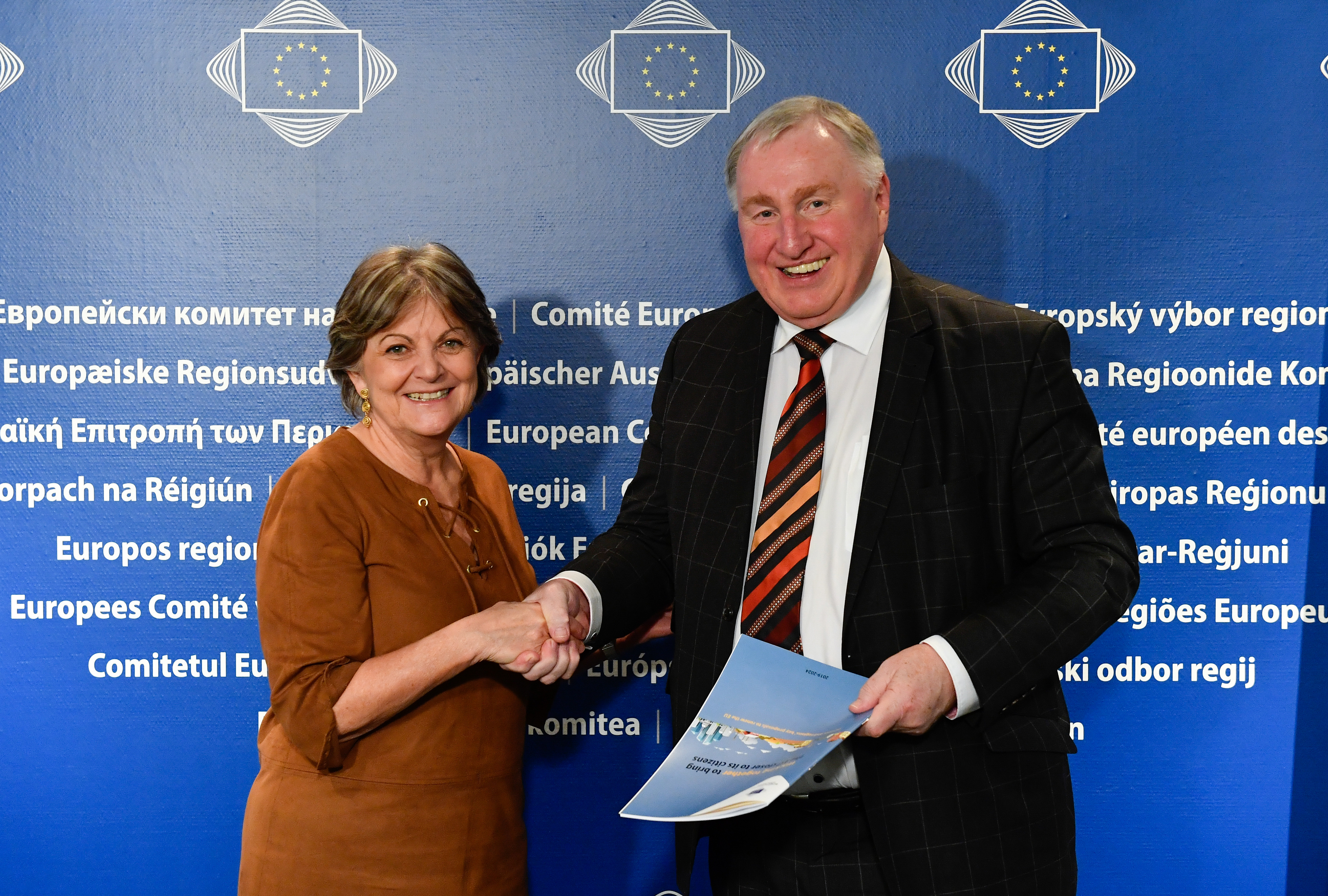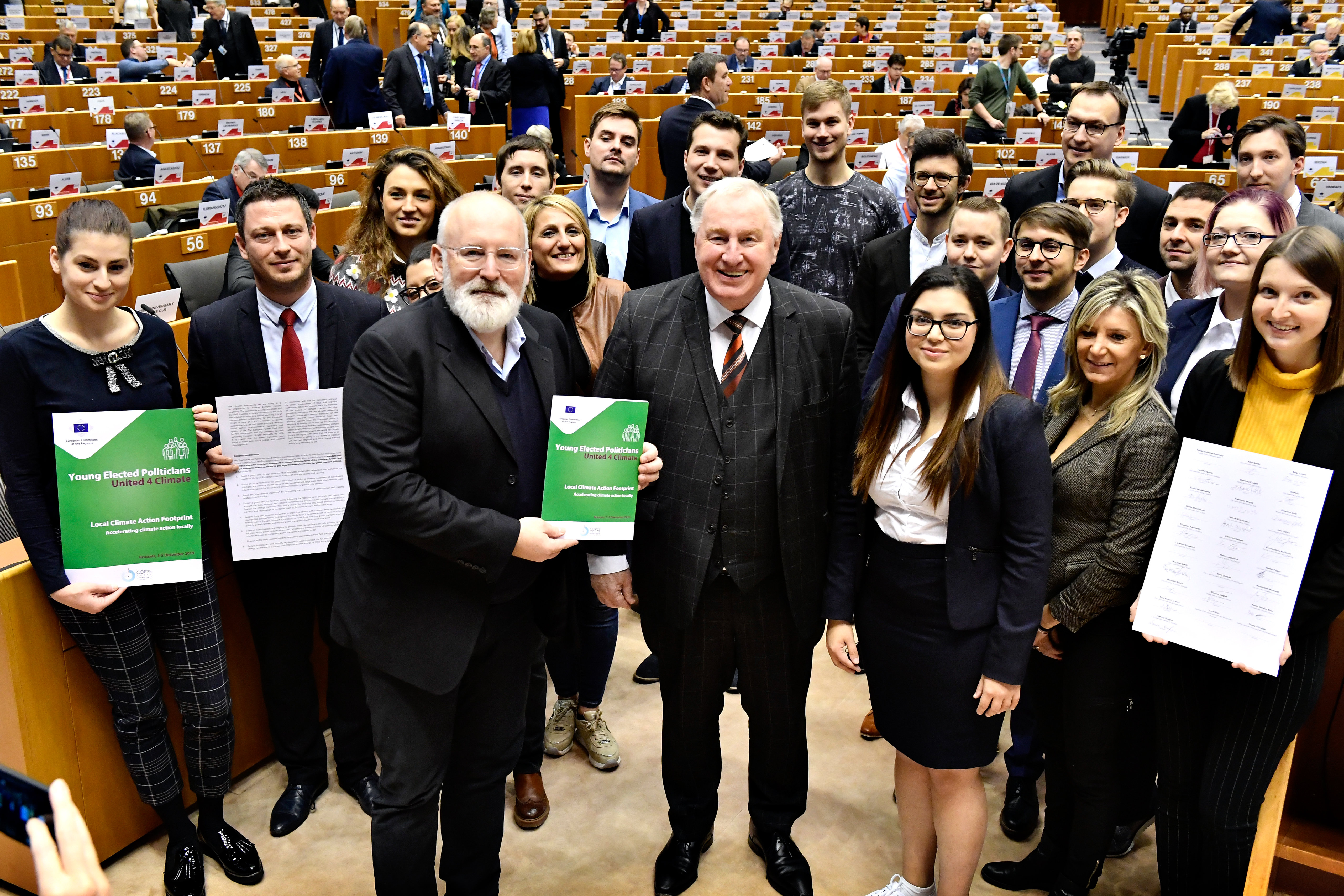You have been the President of the European Committee of the Regions for two years and a half. What has been the key success of your mandate?
One of the priorities during my Presidency was to strengthen cooperation between our Committee and the other European institutions, with the broader goal of strengthening democracy by giving a greater voice to regions and cities in the EU. If we consider the collaboration with the European Commission on the Subsidiarity Task Force, there is now a shared consensus that regions and cities must be part of the entire policy-making process if we are to improve the quality, effectiveness and impact of EU laws. Furthermore, the other institutions are working closely with us to improve citizens' engagement in the EU, as they understand that they need to work in partnership with the most trusted level of governance who are closest to citizens. During my mandate we have also considerably increased our cooperation with all EU regions and cities. I have personally met with over 80 regional offices in Brussels, we have reinforced our relations with the European local and regional associations through initiatives such as the #CohesionAlliance, and the launch of our Young Elected Local Politicians project will continue to help build relations with regions and cities across Europe.

As President of the European Committee of the Regions, how do you think you have changed this institution?
The Committee has become more outward looking and today is an institution that represents the interests not only of its 350 full and 350 alternative members, but all regions and cities in the EU. It is fully committed to representing the views of the more than 1 million local and regional leaders across Europe and has become the meeting place and home of all regions and cities in the European Union.
The next years will be crucial for the future of Europe. What are the biggest challenges and how will cities and regions be mostly needed?
The main challenges facing Europe are social justice, regional inequality, migration, sustainability, and increasing trust and engagement of citizens in the EU. The new European Commission should be commended for having so quickly offered a path to climate-neutrality through its European Green Deal, and a broader reflection by proposing the Conference on the Future of Europe. Much rides on making both these initiatives a success, which is impossible without local and regional governments. Europe has entered a period where ambitious words need to be matched with ambitious results and investment. It is now crucial the EU27 member states come to an agreement on an EU budget that covers the gap left by Brexit, whilst offers a more detailed plan on how new challenges – including climate change and migration – will be financially paid for.

Karl-Heinz Lambertz is the President of the Parliament of the German-speaking Community of Belgium. He has been member of the European Committee of the Regions since 2001 and President of the PES Group from 2011 to 2015. In 2017, he was elected as President of the European Committee of the Regions. He belongs to the Belgian German-speaking Socialist Party (SP).
